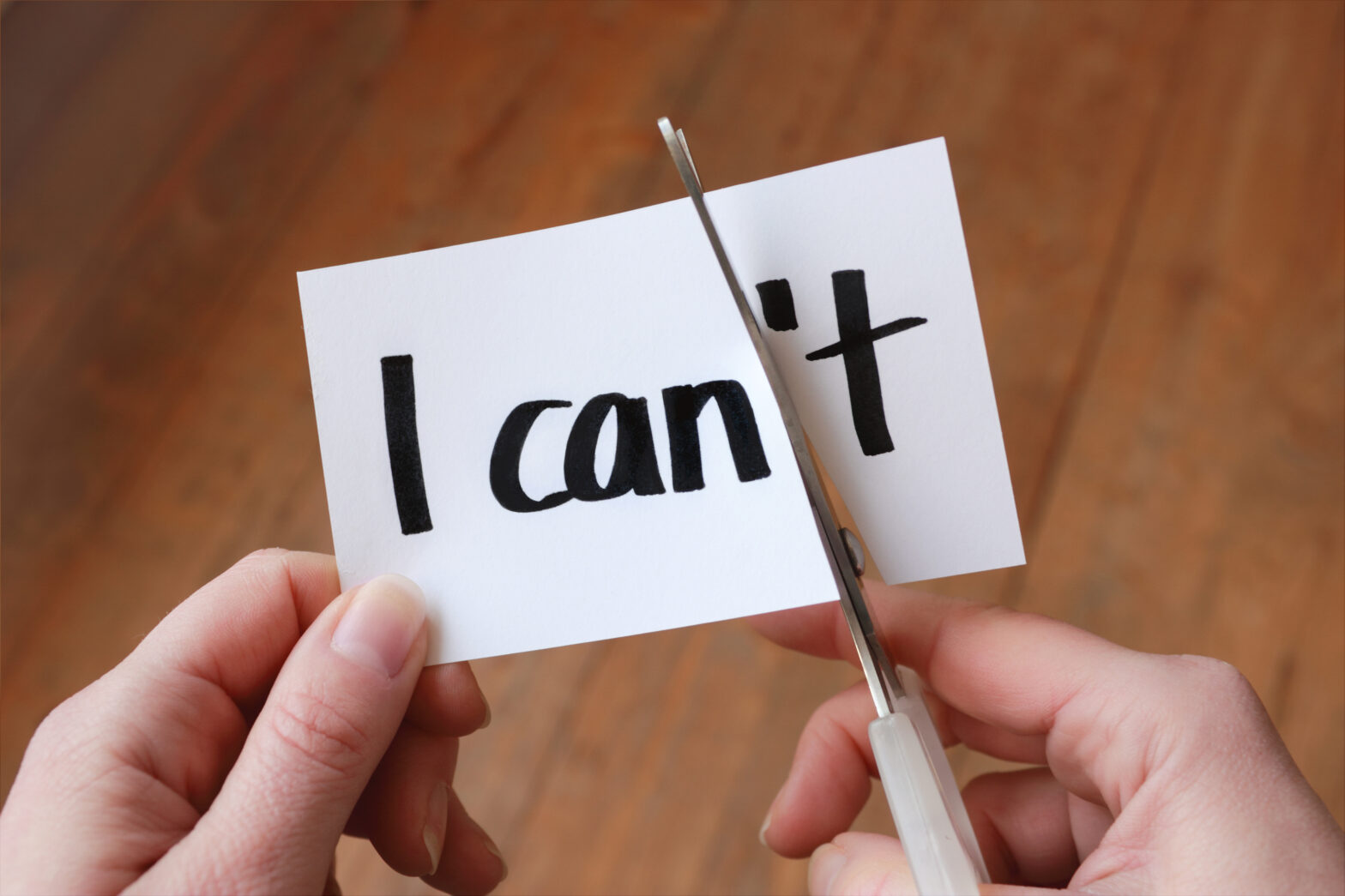Many of our office walls are adorned with motivational posters, designed to inspire employees and increase productivity. Many of these posters are purely decorative and pair inspirational quotes with images of nature. But how many of us actually take note of motivational messages?
Dean Burnett, a neuroscientist, author and Guardian columnist, states that it is impossible to know when or where motivational posters would be most useful, so ‘the only solution is to flood the environment with them wherever possible‘. But could being bombarded with motivational messages actually have an adverse effect on productivity?
‘Overjustification’ kills motivation
Burnett also uses psychological theory to discuss motivation, suggesting that employees who feel independent and autonomous will be motivated to produce better work. He states, ‘The over-justification effect suggests that if you reward people for something they already like doing, they’ll actually lose the motivation for doing it.’
The implication here is that excessive motivation boosts, even imagery, could make us feel as though we are being micromanaged and nagged. Whereas acting autonomously, making mistakes and finding our own ways to boost productivity could be intrinsically motivational.
Employees are all motivated differently
If you really want employees to be productive, try a more individual approach. For example, asking employees what motivates them in a questionnaire will give you advantageous insight. It will also demonstrate that you take an interest and want to provide the best working environment. You may uncover new ways to get the best out of your workforce.
To take this a step further, you could ask employees to bring items that motivate or inspire them to work or have them design their own motivational posters using simple software such as Canva. Think of it like a team building exercise, creating encouragement between team members while you equip your business with new motivational tools.
Related: Maintaining motivation and brand ethos, 100 miles from the office
If you do decide to use existing motivational posters, look for thought-provoking designs that reflect your company. Alternatively, commission posters using your own branding and make them specific to your workplace. Ro-am Posters suggest keeping workplace posters useful, making a case for displaying informational business resources. It could indeed be argued that infographics, instructions, or posters sharing your organisational values will boost confidence and productivity more than landscapes with superimposed motivational quotes.
Art may be motivational in itself
A survey of employees found that workplace artwork is important to feelings of wellbeing and productivity: ‘Some 82 per cent of employees said art was important in the work environment, and 73 per cent said their view of the company would change if the art were removed.’
This could account for some of the the popularity of motivational posters in places of business. It may be that the posters have the desired effect by being creatively stimulating in the same way a landscape painting would be. While the use of motivational quotes and inspiring images may be a matter of taste, the evidence certainly shows that office artwork can be conducive to a more productive workforce.





